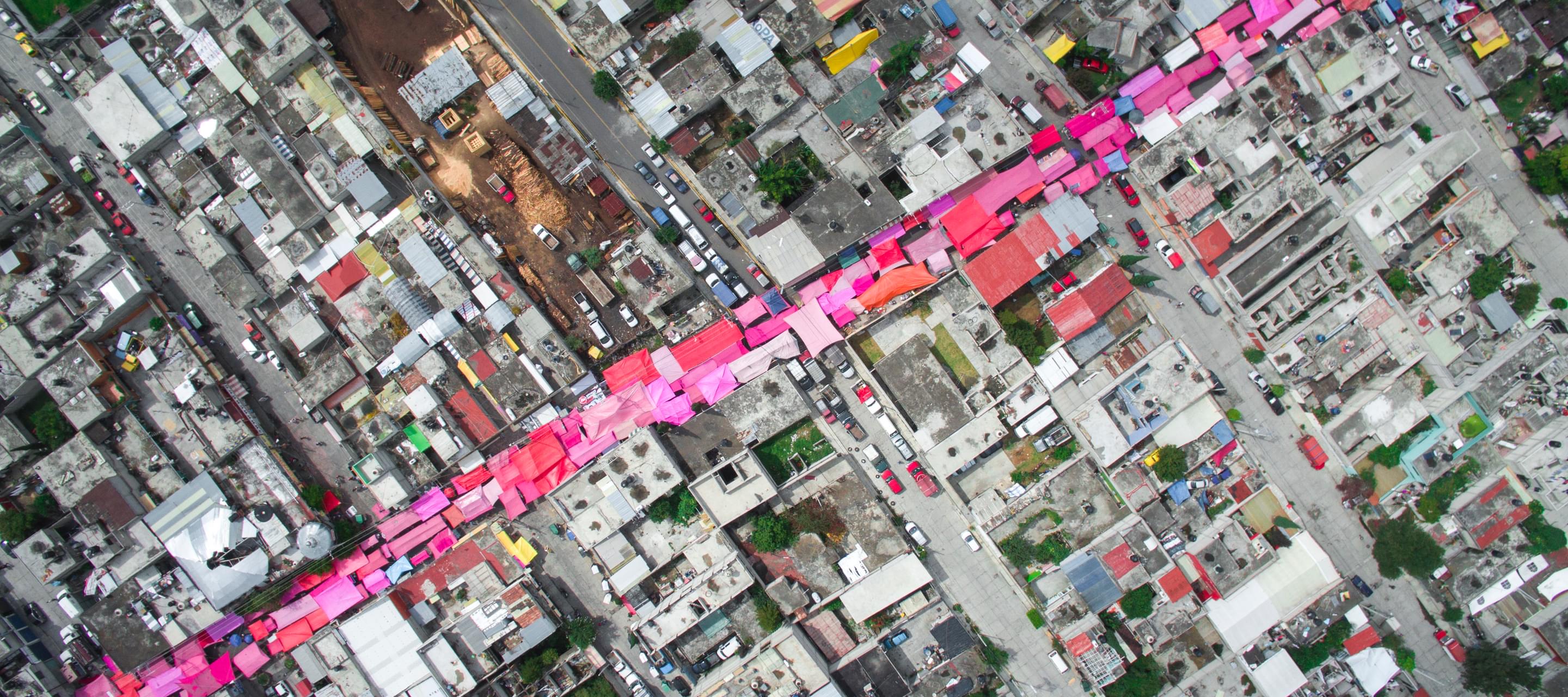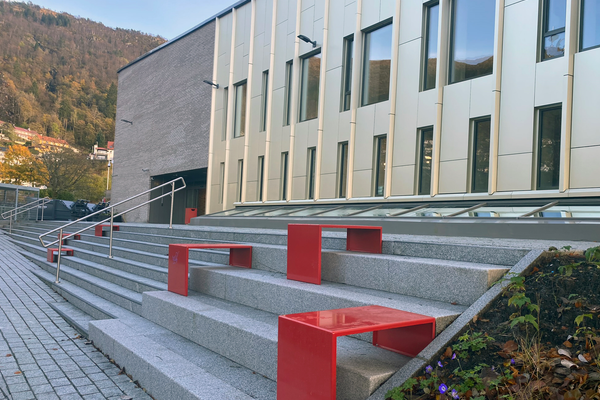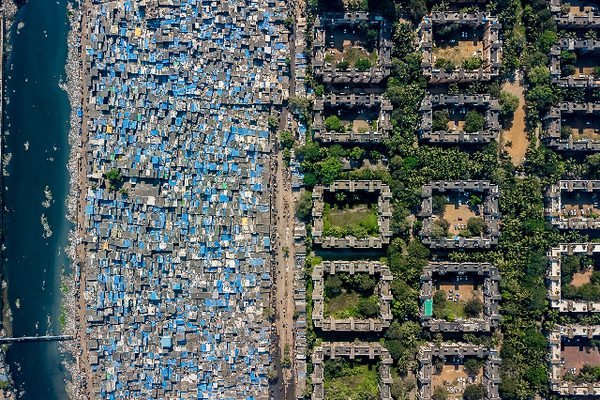The Dignity by Design Framework
A tool to guide decision-making, strengthen collaboration, mitigate risks to human rights and maximise social outcomes in the built environment.

Summary
- The Framework for Dignity in the Built Environment guides decision-making throughout the built environment lifecycle in order to manage risks to human rights and to maximise social outcomes.
- Implementation of the framework involves active participation by local communities, respecting the rights of workers, expanding access to adequate housing and services for all, and ensuring that all decisions are free from corruption.
- The framework includes targeted questions for different stakeholders, clear references to existing standards, guidance documents and the Sustainable Development Goals, and real-life examples from around the world.
Downloads
Background
The Framework for Dignity in the Built Environment is a collaboration between four organisations with a global reach and with strong track records advancing human rights in multiple contexts, including among private sector actors: The Institute for Human Rights and Business (IHRB), the Melbourne School of Design, Rafto Foundation for Human Rights, and the Raoul Wallenberg Institute for Human Rights and Humanitarian Law.
Aims and outcomes
The Dignity by Design framework outlines how existing human rights standards, conventions, guidance documents and global frameworks could affect a built environment initiative, and how they could guide action by all stakeholders.
Who is this framework relevant to?
The Framework aims to help:
- Communities shape decisions that impact their lives and neighbourhoods
- Governments establish the regulatory, planning and procurement context for just, thriving urban areas
- Investors manage social risks (the “S” in ESG), and channel investment into sustainable projects that meet locally-defined needs
- Architects and engineers respect dignity and human rights through their operations and supply chains.
Project activities
IHRB is working with partners in the Coalition for Dignity in the Built Environment and others to implement the Framework both at the level of policy interventions, and in the context of specific “Building Dignity Pilot Projects”.
We will also be developing a further tier of granular detail for the Framework, with examples of procurement provisions and measurable outcome metrics.
Get in touch with examples of action, or any questions about the Framework.
Related

Dignity by Design Pilot Projects
Building and infrastructure projects that have applied the IHRB Framework for Dignity in the Built Environment.
Read more
Bergen Inclusion Centre
Piloting the Dignity by Design framework to build an Inclusion Centre for newly arrived migrants and refugees.
Read more
Dignity by Design Report
Advancing dignity and human rights throughout the built environment lifecycle.
Read moreTeam
Meet the project team and learn about their expertise.





